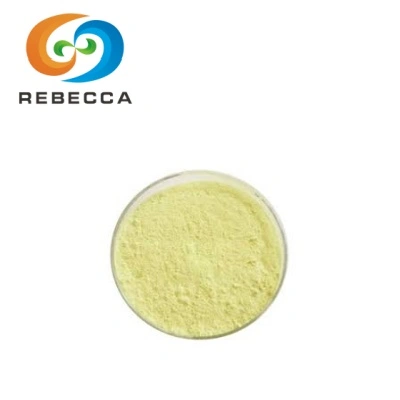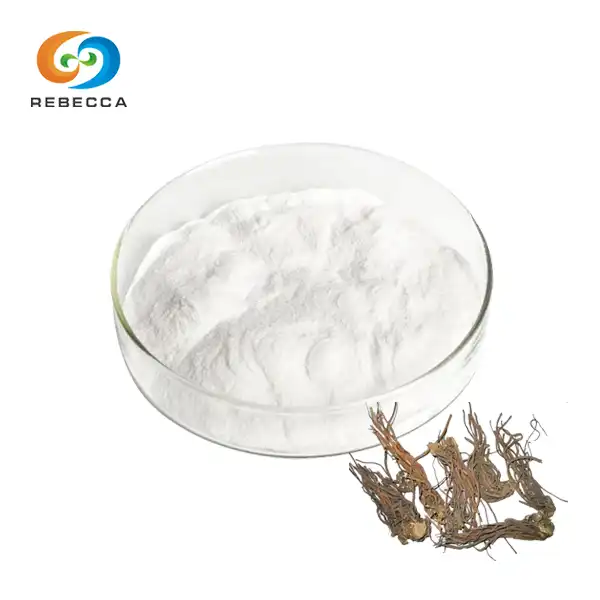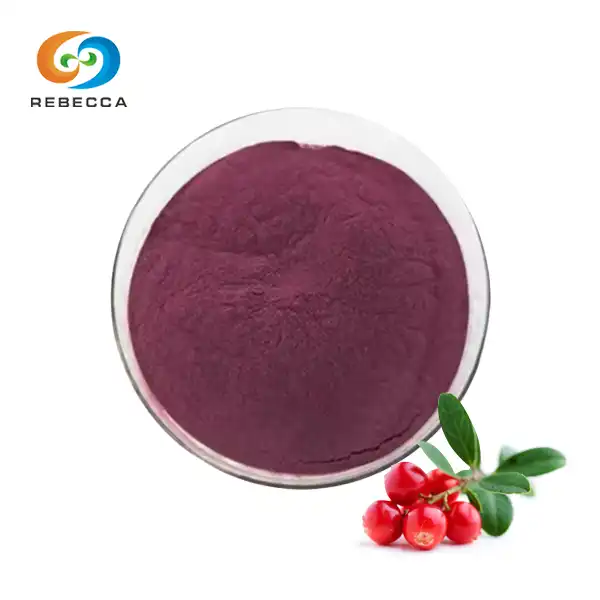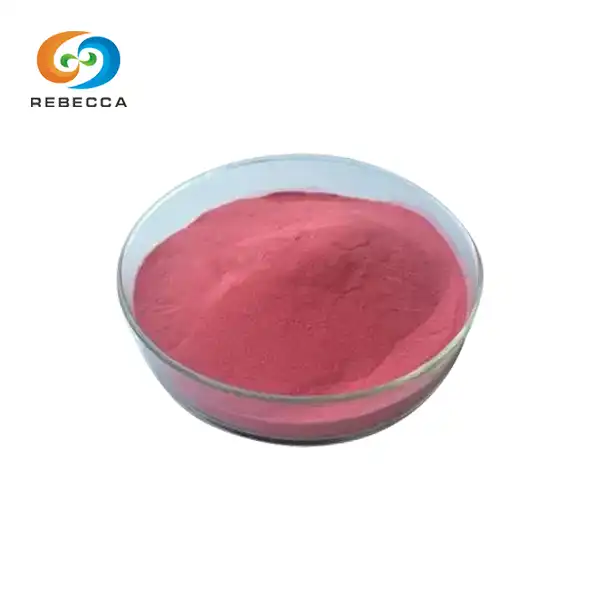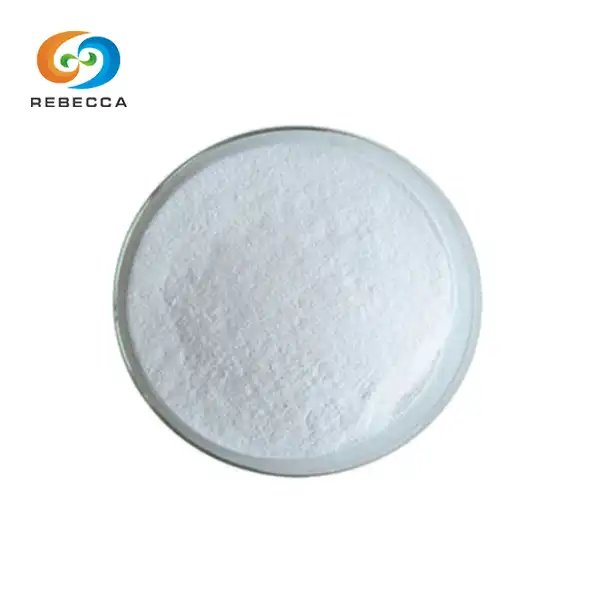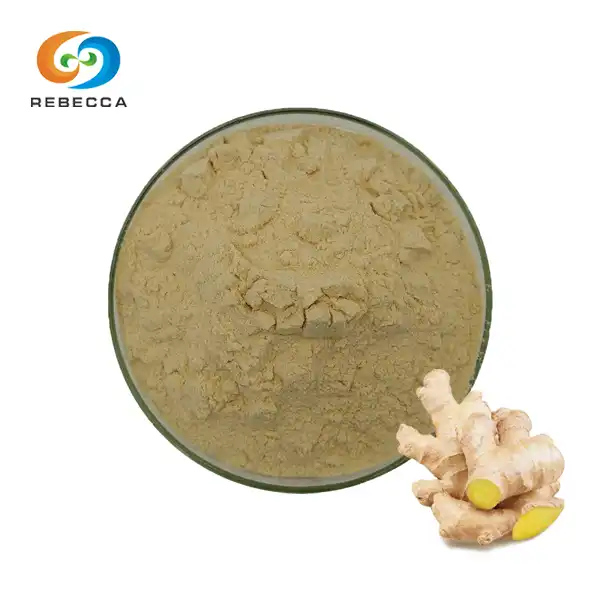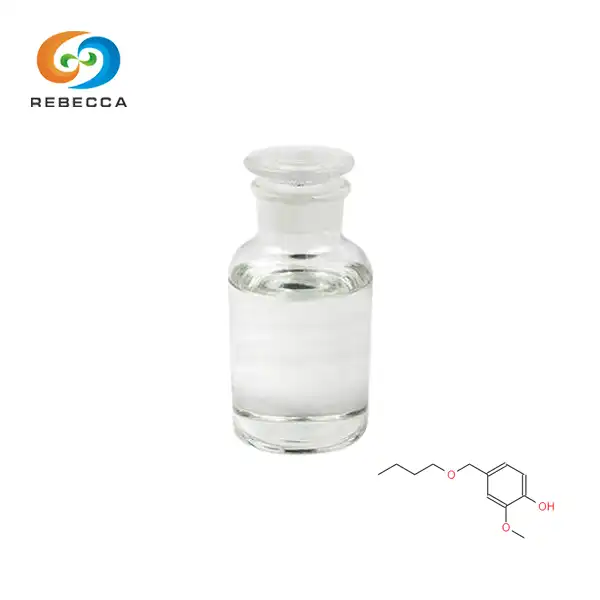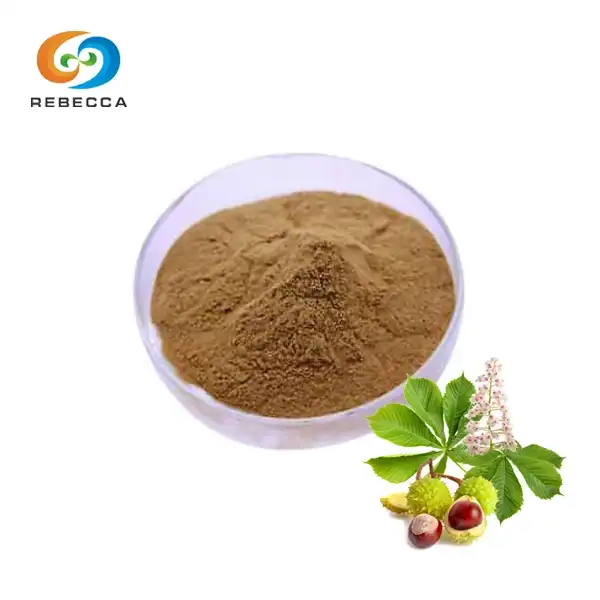Is oat beta glucan gluten free?
oat beta glucan powder is indeed gluten-free. This soluble fiber, derived from oats, is structurally distinct from gluten proteins found in wheat, barley, and rye. While oats themselves are naturally gluten-free, cross-contamination during processing can introduce gluten. However, when oat beta glucan is carefully extracted and purified, it remains free from gluten proteins. For those with celiac disease or gluten sensitivity, certified gluten-free oat beta-glucan offers a safe way to harness the numerous health benefits of this powerful dietary fiber.
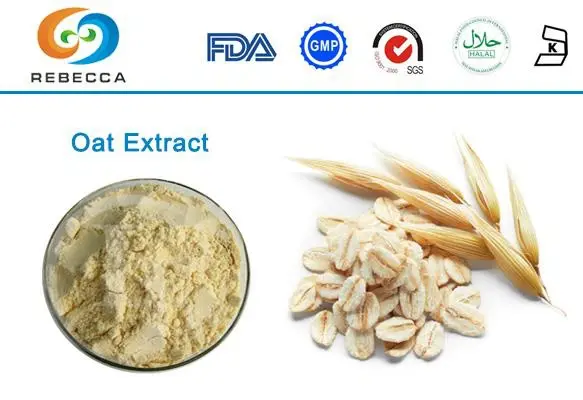
Product Name: Oat Extract, Oat Glucan, Oat Beta Glucan, Oat Glucan Powder
CAS No.9041-22-9
Specification: Oat Beta Glucan, 70%,80%,90%.
Appearance: White to light yellow powder
Latin Name: Avena Sativa L
Gluten And Beta Glucan Structures
Molecular differences: Gluten vs. beta glucan
Gluten and beta glucan are fundamentally different in their molecular structures. Gluten is a complex protein composite found in certain grains, primarily composed of glutenin and gliadin proteins. These proteins give dough its elasticity and help it rise during baking. In contrast, beta glucan is a soluble fiber, specifically a polysaccharide composed of glucose molecules linked by beta-glycosidic bonds.
The structural differences between gluten and beta glucan are significant. Gluten forms a network of long, elastic strands when hydrated, while beta glucan forms a viscous gel-like substance in water. This distinction is crucial for understanding why oat beta glucan can be safely consumed by those avoiding gluten.
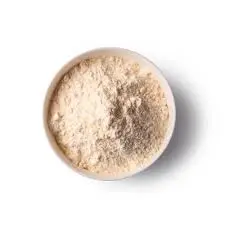
Beta glucan's unique health benefits
Oat beta glucan powder offers a range of health benefits that have been extensively studied. Its primary advantages include:
- Cholesterol reduction: Beta glucan can help lower LDL cholesterol levels, supporting heart health.
- Blood sugar regulation: It slows glucose absorption, potentially aiding in diabetes management.
- Digestive health: As a prebiotic fiber, it promotes beneficial gut bacteria growth.
- Immune system support: Beta glucan may enhance the body's immune response.
- Weight management: Its high satiety effect can contribute to feeling full for longer.
These benefits make oat beta glucan an attractive ingredient for health-conscious consumers and product developers alike.

Identifying gluten-free oat sources
While oats are naturally gluten-free, they are often contaminated with gluten during cultivation or processing. To ensure truly gluten-free oat beta glucan, manufacturers must source from dedicated gluten-free oat suppliers. These suppliers implement strict protocols to prevent cross-contamination, including:
- Using fields that have not grown gluten-containing crops for several years
- Employing dedicated equipment for harvesting and processing
- Implementing rigorous testing protocols at multiple stages of production
By carefully selecting oat sources and maintaining strict quality control, manufacturers can produce oat beta glucan powder that is safe for those with gluten sensitivities or celiac disease.
Oat Processing: Impact On Gluten Content
Cross-contamination risks in oat production
The risk of gluten contamination in oat production is a significant concern for manufacturers of gluten-free oat beta glucan powder. Cross-contamination can occur at various stages of the production process, from field to packaging. In fields, oats may be grown in rotation with wheat, barley, or rye, leading to the presence of gluten-containing grains in subsequent oat crops. During harvesting, shared equipment can transfer gluten from other grains to oats. Processing facilities that handle multiple grains pose another risk point, as airborne particles and shared machinery can introduce gluten into otherwise gluten-free oats.
To mitigate these risks, dedicated gluten-free oat producers implement strict protocols. These include using fields with a history of gluten-free crop cultivation, employing separate harvesting and processing equipment, and maintaining rigorous cleaning procedures. Regular testing throughout the production chain helps ensure that gluten levels remain below the threshold for gluten-free certification.
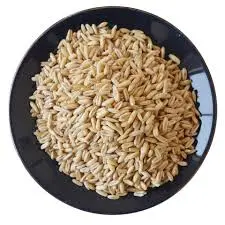
Purity protocol vs. mechanical sorting
Two primary approaches are used to produce gluten-free oats: the purity protocol and mechanical sorting. The purity protocol is a comprehensive system that ensures oats are grown, harvested, and processed in a gluten-free environment from seed to final product. This method involves strict field management, dedicated equipment, and extensive testing.
Mechanical sorting, on the other hand, uses optical or gravity-based technologies to remove gluten-containing grains from regular oats. While this method can be effective, it may not eliminate all risks of cross-contamination, especially from broken or similar-sized gluten-containing grains.
For oat beta glucan powder production, the purity protocol is often preferred as it provides a higher level of assurance for gluten-free status. However, advances in mechanical sorting technology have made it a viable option for some manufacturers, particularly when combined with stringent testing protocols.
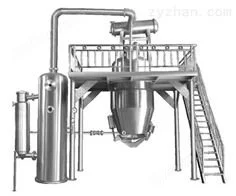
Testing methods for gluten in oat beta glucan
Ensuring the gluten-free status of oat beta glucan powder requires rigorous testing. The most common methods include:
- ELISA (Enzyme-Linked Immunosorbent Assay): This is the gold standard for gluten detection, capable of identifying gluten proteins at very low levels.
- PCR (Polymerase Chain Reaction): This method detects DNA from gluten-containing grains, offering high sensitivity and specificity.
- Mass spectrometry: A highly accurate method for detecting and quantifying gluten peptides.
Manufacturers typically employ a combination of these methods at various stages of production to ensure compliance with gluten-free standards. The FDA defines gluten-free as containing less than 20 parts per million (ppm) of gluten, a threshold that quality oat beta glucan powder producers strive to meet or exceed.
Certified Gluten-Free Oat Beta Glucan Options
Top brands offering gluten-free oat beta glucan
Several reputable manufacturers produce certified gluten-free oat beta glucan powder. These companies have invested in specialized production facilities and rigorous testing protocols to ensure their products meet the strictest gluten-free standards. While specific brand names cannot be mentioned, consumers and industry professionals can look for products that carry recognized gluten-free certifications.
When selecting a gluten-free oat beta glucan powder, it's essential to consider factors such as the company's reputation, transparency in their production processes, and third-party certifications. Many leading manufacturers provide detailed information about their gluten-free protocols on their websites or product packaging.
Certification standards for gluten-free claims
Gluten-free certification provides assurance that oat beta glucan powder meets stringent standards for gluten content. Several organizations offer gluten-free certification programs, each with its own set of criteria and testing protocols. Common certification standards include:
- FDA Gluten-Free Labeling: Requires products to contain less than 20 ppm of gluten.
- GFCO (Gluten-Free Certification Organization): Sets a stricter standard of 10 ppm or less.
- BRC (British Retail Consortium) Gluten-Free Certification: Aligns with European standards and requires less than 20 ppm of gluten.
These certifications involve regular audits of manufacturing facilities and product testing to ensure ongoing compliance. For manufacturers and consumers alike, these certifications provide a reliable indicator of a product's gluten-free status.

Choosing the right oat beta glucan supplement
Selecting the appropriate gluten-free oat beta glucan powder involves considering several factors:
- Purity: Look for products with high beta glucan content, typically 70% or higher.
- Certification: Choose products with recognized gluten-free certifications.
- Solubility: For use in beverages or food products, consider the powder's solubility and texture.
- Source transparency: Opt for manufacturers who provide information about their oat sources and processing methods.
- Additional testing: Some companies offer extra assurances, such as testing for other allergens or contaminants.
For product developers and health supplement brands, it's crucial to partner with suppliers who can provide consistent quality and support regulatory compliance. This includes access to detailed product specifications, certificates of analysis, and any necessary documentation for gluten-free claims.
Oat beta glucan powder, when properly sourced and processed, is indeed gluten-free and safe for those with celiac disease or gluten sensitivity. The key lies in rigorous sourcing, processing, and testing protocols to prevent cross-contamination. For consumers and product developers, choosing certified gluten-free oat beta glucan offers assurance of safety and quality. As research continues to unveil the health benefits of this remarkable fiber, its importance in gluten-free nutrition is likely to grow, making it a valuable ingredient for a wide range of health-focused products.
China Oat Beta Glucan Powder Supplier
Shaanxi Rebeccia stands at the forefront of oat beta-glucan production, offering high-quality, gluten-free options for discerning clients worldwide. Our state-of-the-art production facility employs cutting-edge extraction, separation, and purification technologies, ensuring that every batch meets the highest standards of purity and efficacy. Operating under strict GMP and ISO guidelines, we maintain unwavering quality control from raw material selection to final product delivery.
Our oat beta glucan powder (CAS No.9041-22-9) is available in various concentrations, including 70%, 80%, and 90%, catering to diverse formulation needs. The powder, derived from Avena Sativa L., presents a white to light yellow appearance, perfect for seamless integration into a wide array of health supplements and functional foods.
For pharmaceutical R&D companies, health supplement brands, and functional beverage manufacturers seeking a reliable source of premium oat beta-glucan powder, Shaanxi Rebeccia offers the expertise and quality assurance you need. Our commitment to batch consistency, comprehensive documentation, and global regulatory compliance makes us an ideal partner for your product development journey.
Experience the difference of working with a leader in gluten-free oat beta glucan production. To learn more about our products or to request a sample, contact us at information@sxrebecca.com.
References
- Celiac Disease Foundation. (2021). Understanding the Gluten-Free Diet.
- Rebello, C. J., et al. (2014). Dietary fiber and satiety: the effects of oats on satiety. Nutrition Reviews, 72(2), 131-147.
- FDA. (2013). FDA defines "gluten-free" for food labeling. U.S. Food and Drug Administration.
- Thies, F., et al. (2014). Oat beta-glucan supplementation does not enhance the effectiveness of an energy-restricted diet in overweight women. British Journal of Nutrition, 111(2), 372-383.
- Pinto-Sánchez, M. I., et al. (2017). Safety of Adding Oats to a Gluten-Free Diet for Patients With Celiac Disease: Systematic Review and Meta-analysis of Clinical and Observational Studies. Gastroenterology, 153(2), 395-409.
- European Food Safety Authority. (2011). Scientific Opinion on the substantiation of health claims related to beta-glucans from oats and barley and maintenance of normal blood LDL-cholesterol concentrations. EFSA Journal, 9(6), 2207.
